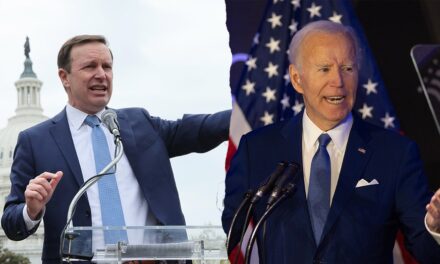The Muslim community in Michigan finds itself in a challenging position as they face the upcoming elections. Historically a diverse and vibrant segment of the state’s population, many members of this community are voicing concerns over the handling of international issues by the Biden administration, particularly the ongoing conflict in Gaza.
This discord within the community arises from allegations that the Biden administration has not sufficiently addressed or mitigated the humanitarian crisis unfolding in Gaza. The escalation of violence in the region has resulted in significant civilian casualties and widespread destruction, drawing global condemnation and calls for intervention from numerous humanitarian organizations. Members of Michigan’s Muslim community are particularly vocal about what they perceive as a lack of decisive action from the U.S. government.
Muslim voters in the state, who have traditionally supported Democratic candidates, are now expressing disillusionment with the Biden administration’s foreign policy moves. This sentiment is particularly pronounced among younger voters and activists who consider the administration’s response to the Gaza conflict to be inadequate and misaligned with their expectations for a more proactive approach to international human rights issues.
For many, the conflict in Gaza is not just a distant international issue but a deeply personal matter. Many families in Michigan have connections to the region, and the news of continued violence and suffering resonates deeply within the community. The perceived inaction or insufficient response from the current administration is seen as a failure to uphold the moral and ethical standards that many hoped would define Biden’s presidency.
As the elections approach, some members of the Muslim community are reconsidering their political allegiances. There is growing discussion around the possibility of supporting alternative candidates who may better represent their interests on both domestic and international fronts. Meanwhile, community leaders are emphasizing the importance of participating in the democratic process, advocating for a careful evaluation of the candidates’ positions on crucial issues, particularly those concerning foreign policy and human rights.
This division presents a significant challenge for the Democratic Party, which relies on the support of minority communities, including Muslim Americans. To maintain this crucial support base, the party may need to address these concerns more directly and assure the community that their voices are being heard and considered in shaping policy decisions.
In summary, the discontent within Michigan’s Muslim community over the Biden administration’s handling of the Gaza conflict highlights a broader challenge for the Democratic Party as it seeks to navigate critical voter concerns in the upcoming elections. The outcome may well hinge on how effectively the party can address these issues and rebuild trust with disaffected voters.
































